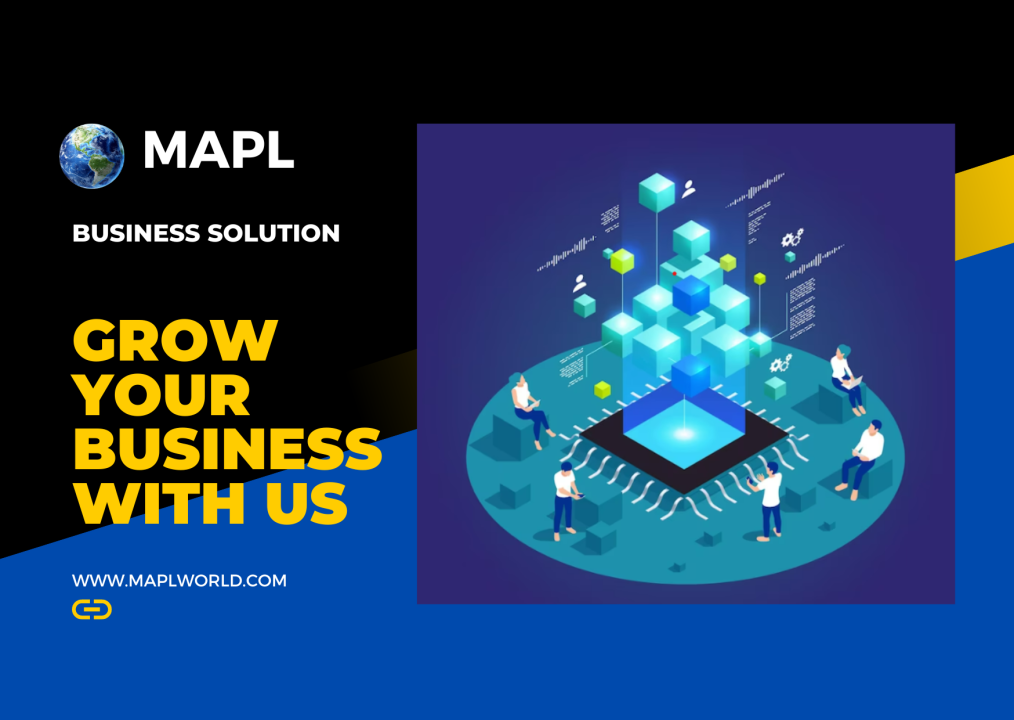Advancements in various AI technologies can significantly optimize business processes across different industries. Let's explore how each of the mentioned technologies can contribute to this optimization:
- Machine Learning and Deep Learning Fundamentals:
- Predictive Analytics: Machine learning algorithms can analyze historical data to identify patterns and trends, enabling businesses to make accurate predictions about customer behavior, demand forecasting, and resource planning.
- Automated Decision-Making: Deep learning models can process large volumes of data and learn complex patterns, assisting businesses in automating decision-making processes and reducing human bias.
2. Natural Language Processing (NLP) and Text Analytics:
- Customer Sentiment Analysis: NLP techniques enable businesses to analyze customer feedback, reviews, and social media data to understand customer sentiment and make informed decisions about products, services, and marketing strategies.
- Text Classification and Information Extraction: NLP algorithms can categorize and extract valuable information from text data, streamlining tasks such as document classification, content organization, and knowledge management.
3. Computer Vision and Image Recognition:
- Quality Control and Inspection: Computer vision systems can identify defects, anomalies, or quality issues in manufacturing processes, enhancing product quality control and reducing errors.
- Object Detection and Tracking: Image recognition algorithms enable businesses to automate object detection and tracking tasks, improving inventory management, security surveillance, and optimizing supply chain operations.
4. Reinforcement Learning and Robotics:
- Autonomous Systems and Process Automation: Reinforcement learning algorithms can train robots to perform complex tasks autonomously, leading to increased efficiency, reduced human error, and improved process automation in the manufacturing, logistics, and healthcare sectors.
- Optimization of Resource Allocation: Reinforcement learning can optimize resource allocation and scheduling, improving operational efficiency and reducing costs in industries such as transportation, energy, and telecommunications.
5. Generative Adversarial Networks (GANs):
- Data Augmentation and Synthesis: GANs can generate synthetic data that closely resembles actual data, enabling businesses to augment training datasets, improve model performance, and overcome data scarcity challenges.
- Product Design and Visualization: GANs can generate visual representations of new product designs, helping businesses visualize concepts and streamline design iteration.
- Transparent Decision-Making: XAI techniques provide insights into how AI models arrive at specific decisions, allowing businesses to understand and explain the reasoning behind automated decisions and fostering trust and compliance in regulated industries.
7. Transfer Learning and Pretrained Models:
- Rapid Model Development: pre-trained models and transfer learning enables businesses to leverage existing knowledge and reduce the time and resources required to develop AI models, accelerating the deployment of AI solutions in various domains.
8. Time Series Analysis and Forecasting:
- Demand Forecasting: Time series analysis techniques can help businesses forecast demand patterns, optimize inventory levels, and enhance supply chain management.
- Predictive Maintenance: By analyzing time series data from sensors and machinery, businesses can predict equipment failures, schedule maintenance proactively, and minimize unplanned downtime.
9. AI Ethics and Responsible AI:
- Bias Detection and Mitigation: AI ethics frameworks and responsible AI practices help businesses identify and mitigate algorithm biases, ensuring fair and unbiased decision-making and promoting inclusivity.
- Privacy Protection and Data Security: Implementing responsible AI principles ensures the protection of customer data and compliance with privacy regulations, fostering trust and safeguarding sensitive information.
10. Chatbots and Conversational AI:
- Customer Support and Engagement: Chatbots can provide instant customer support, answer queries, and guide customers through self-service options, improving customer experience and reducing support costs.
- Personalized Recommendations: Conversational AI systems can analyze user preferences. Also, its behavior in delivering customized product recommendations enhances cross-selling and upselling opportunities.
By harnessing the power of these AI technologies, businesses can optimize their processes, drive innovation, make data-driven decisions, improve customer experiences, and gain a competitive edge in the rapidly evolving digital landscape.
